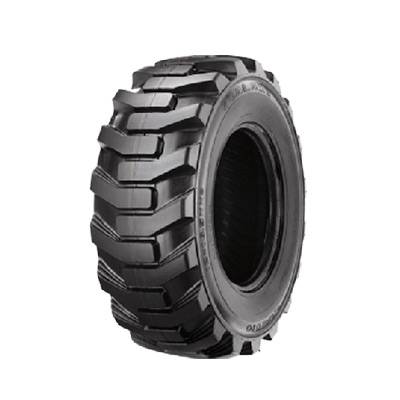تشرینی دووەم . 13, 2024 11:07 Back to list
carbon cabin filter
The Importance of Carbon Cabin Filters
In today's world, where air quality and environmental concerns are at the forefront, the role of carbon cabin filters in vehicles has become increasingly significant. These filters serve more than just a basic function; they contribute to the health and comfort of passengers while also playing a part in the vehicle's overall maintenance.
What is a Carbon Cabin Filter?
A carbon cabin filter is a specialized air filter that is designed to remove pollutants and contaminants from the air entering the passenger cabin of a vehicle. It is made from a standard cabin filter material, often paper or non-woven fabric, but it is enhanced with activated carbon. This activated carbon feature allows the filter to absorb odors, gases, and harmful particles, including dust, pollen, and soot.
How Does It Work?
The process of filtration begins when air is drawn into the vehicle's heater, ventilation, and air conditioning (HVAC) system. As air passes through the carbon cabin filter, particulate matter and harmful substances are trapped by the filter material. The activated carbon then acts like a sponge, absorbing volatile organic compounds (VOCs), unpleasant odors, and other gaseous pollutants.
This dual-action mechanism not only cleans the air that passengers breathe but also ensures a more pleasant driving experience. The presence of a functional carbon cabin filter can significantly reduce the presence of allergens, making it particularly beneficial for individuals with allergies or respiratory conditions.
The Role in Health and Comfort
carbon cabin filter

The quality of air inside a vehicle can often be worse than that outside due to the buildup of pollution, especially in urban areas. Studies have shown that the air in a car can contain levels of pollutants that exceed those of the outside air, primarily due to traffic exhaust, industrial emissions, and off-gassing from the vehicle's interior materials. In such scenarios, a well-functioning carbon cabin filter becomes essential.
By ensuring that the air circulating within a vehicle is clean, the carbon cabin filter plays a crucial role in protecting passengers’ health. This is particularly important for children, the elderly, and individuals with pre-existing health conditions. By removing harmful contaminants, the filter helps prevent respiratory issues, allergies, and other health complications.
Maintenance and Replacement
Despite their importance, many vehicle owners often overlook the maintenance of their cabin filters. Typically, it is recommended to replace the carbon cabin filter every 12,000 to 15,000 miles, but this can vary based on driving conditions. If you frequently drive in urban environments with heavy traffic or in areas with high pollution levels, more frequent replacement may be necessary.
Signs that your cabin filter needs replacement include a noticeable decrease in airflow from the HVAC system, unpleasant odors coming from the vents, and increased allergy symptoms among passengers. Regular checks can ensure that the filter performs optimally, maintaining the air quality within the vehicle.
Conclusion
As cars become more integral to our daily lives, ensuring a healthy and comfortable environment inside the vehicle should not be underestimated. The carbon cabin filter serves a vital role in enhancing the air quality and overall driving experience. By investing in regular maintenance and timely replacements, vehicle owners can protect their health and boost their vehicle's efficiency. In the grander scheme, paying attention to such details can contribute to a more sustainable approach to car ownership, fostering a cleaner and healthier atmosphere for all.
-
Toyota Corolla Oil Filter Price & Deals Affordable AC & Air Filters
NewsJun.10,2025
-
Car Air Filter Change How Often & Why Engine & Cabin Filter Guide
NewsJun.10,2025
-
Best 1 Inch Air Filters for Home & Office High Efficiency 1/2 & 2 Inch AC Filter Options
NewsJun.10,2025
-
Whole Home & House Air Filtration Supplier Expert Air Purification Solutions
NewsJun.10,2025
-
Affordable Diesel Engine Filter Price - Best Deals on Quality Parts
NewsJun.10,2025
-
Premium 20x25x5 Air Filter High-Efficiency Dust Removal
NewsJun.09,2025


